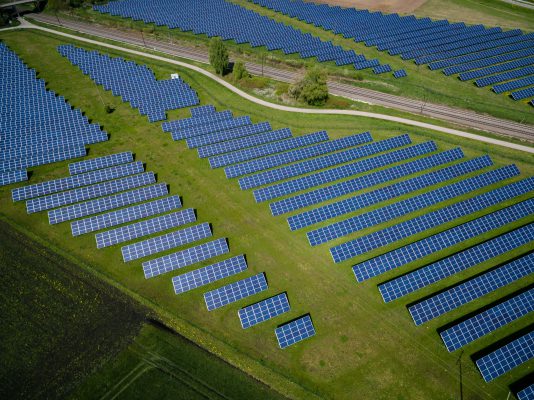In today’s energy market, consumers have endless options for selecting energy contracts that suit their needs. One of those is a fixed-rate energy contract, for which the price per unit of energy remains constant throughout the contract’s duration. While fixed-rate energy contracts offer stability and predictability, they may not be the ideal choice for everyone. In this article we explore the pros and cons of fixed-rate energy contracts.
The advantages of fixed energy contracts
- Price stability: one of the most obvious advantages of a fixed-rate energy contract is price stability. By locking in a specific rate, consumers are shielded from fluctuating energy prices. This stability allows for better budgeting and reduces the risk of unexpected spikes in energy costs.
- Predictability and planning: fixed-rate energy contracts provide predictability, making it easier to plan and manage household or business expenses. With a fixed rate, consumers can easily predict their monthly energy costs, enabling them to make long-term financial plans.
- Protection against market variability: energy markets are subject to multiple external factors such as weather conditions and supply-demand dynamics, all of which can impact prices. By choosing a fixed-rate energy contract, consumers protect themselves from these market fluctuations. Finding a fixed rate contract that works for you can be found by what the Dutch call ‘energie vergelijken’. This way you can compare prices and easily pick the best option.
Cons of fixed energy contracts
- Potential Cost Inefficiency: while fixed-rate energy contracts provide stability, they may not always offer the most cost-effective solution. If market prices drop significantly during the contract term, consumers may end up paying higher energy prices, or ‘energietarieven’ in Dutch, compared to those on variable rate contracts. This disadvantage arises from the trade-off between price stability and the potential for cost savings.
- Limited Flexibility: fixed-rate energy contracts generally come with specific terms and conditions that may limit flexibility. Breaking the contract prematurely might incur penalties or fees, making it less adaptable to changing circumstances or relocation. This lack of flexibility can be a disadvantage for consumers who anticipate major lifestyle changes or expect to relocate in the near future.
Scenarios in which fixed rate energy contracts might benefit you
There are a number of scenarios in which someone could prefer a fixed rate contract. If any of the scenarios below apply to you, a fixed rate contract might be worth considering.
- Risk-averse consumers: for individuals or businesses with a low tolerance for financial risk, fixed-rate energy contracts provide stability and predictability. This is particularly beneficial for those on a tight budget that like to plan their expenses ahead of time.
- Long-term staying plans: if you anticipate remaining in your current location for a longer period, a fixed-rate energy contract can provide peace of mind and long-term financial stability. This is especially helpful in situations where the risk of energy price volatility is high.
Fixed-rate energy contracts offer stability, predictability, and protection against market volatility. Understanding your specific needs, financial situation, and the current energy market conditions is essential in deciding if a fixed-rate energy contract is the right choice for you.

